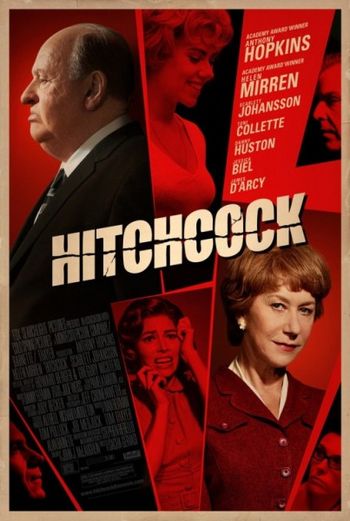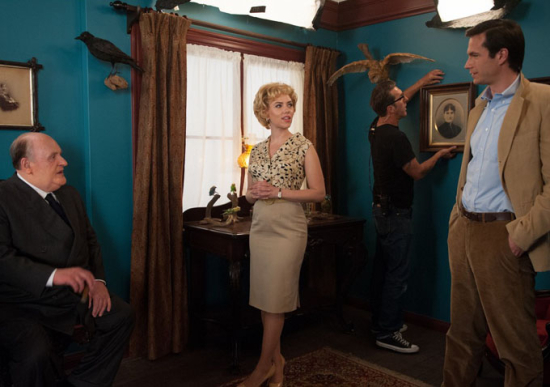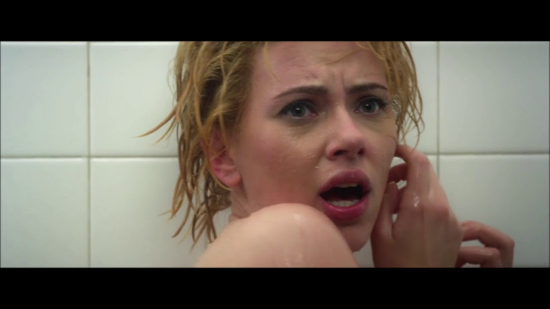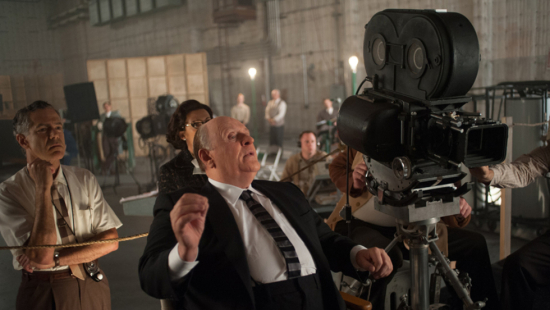 “Hitchcock” falls prey to its unfocused narrative intentions. Based on Stephen Rebello’s popular book “Alfred Hitchcock and the Making of Psycho,” there were a dozen roads screenwriter John J. McLaughlin (“Black Swan”) could have gone down toward shedding light on Alfred Hitchcock’s filmmaking process at the height of his creative powers. Sadly, McLaughlin chooses the least dramatic one.
“Hitchcock” falls prey to its unfocused narrative intentions. Based on Stephen Rebello’s popular book “Alfred Hitchcock and the Making of Psycho,” there were a dozen roads screenwriter John J. McLaughlin (“Black Swan”) could have gone down toward shedding light on Alfred Hitchcock’s filmmaking process at the height of his creative powers. Sadly, McLaughlin chooses the least dramatic one.
The context is well laid out. The 1959 press are hungry for Hitchcock’s blood after his success with “North by Northwest.” Press conferences allow the media to pepper the revered director about why he doesn’t retire while he’s ahead of the game. You can taste their jealousy.
Alfred Hitchcock takes up the challenge, taking out a loan against his family home to produce “Psycho,” a nasty little tabloid story about a Texas serial killer named Ed Gein. Hitchcock’s loyal wife and assistant Alma (Helen Mirren) eventually comes around to agreeing with her husband that making “Psycho” is the right thing to do. Perhaps she has an ulterior motive.
The story shifts away from the making of one of the scariest films in history to a would-be adulterous affair between Alma and her screenwriter friend Whitfield Cook (Danny Huston). Whitfield goes to great lengths to establish a private retreat where he and Alma can be alone to co-write a script together. Houston’s miscasting in the role is beside the point. With the table set for the impeccably cast James D’Arcy to chew scenery as Anthony Perkins playing Norman Bates, the audience gets a bait-and-switch gambit. The emphasis shifts to a moment of jealous pique that comes when Hitchcock suspects Alma of cheating.
Although Anthony Hopkins inhabits the corpulent master of suspense with an admirable command of Hitch’s savory enunciation, he never gets the jump on Hitchcock’s droll sense of macabre humor. We buy Hopkins incarnation of Alfred Hitchcock only up to a point. Nonetheless, it’s great fun watching Hopkins tap his well appointed arsenal of acting techniques.
Like
Luis Buñuel, the master of surrealist cinema, Alfred Hitchcock was an unrequited fetishist who procured erotic satisfaction by proxy. Only by filming his idyllic ice queen platinum blonde actresses in various states of violently charged sensual situations could he achieve his artistic vision.Even if the audience didn’t consciously recognize they were peaking into the subconscious of what used to be called a “perverted” mentality, the effect added considerable depth of subtext to the movie at hand. It would have been a no-brainer to take “Hitchcock” behind the scenes of the myriad of specific choices Alfred Hitchcock made to prepare and film “Psycho.” Instead, we get a soap opera substitute.
Rated PG-13. 98 mins.









